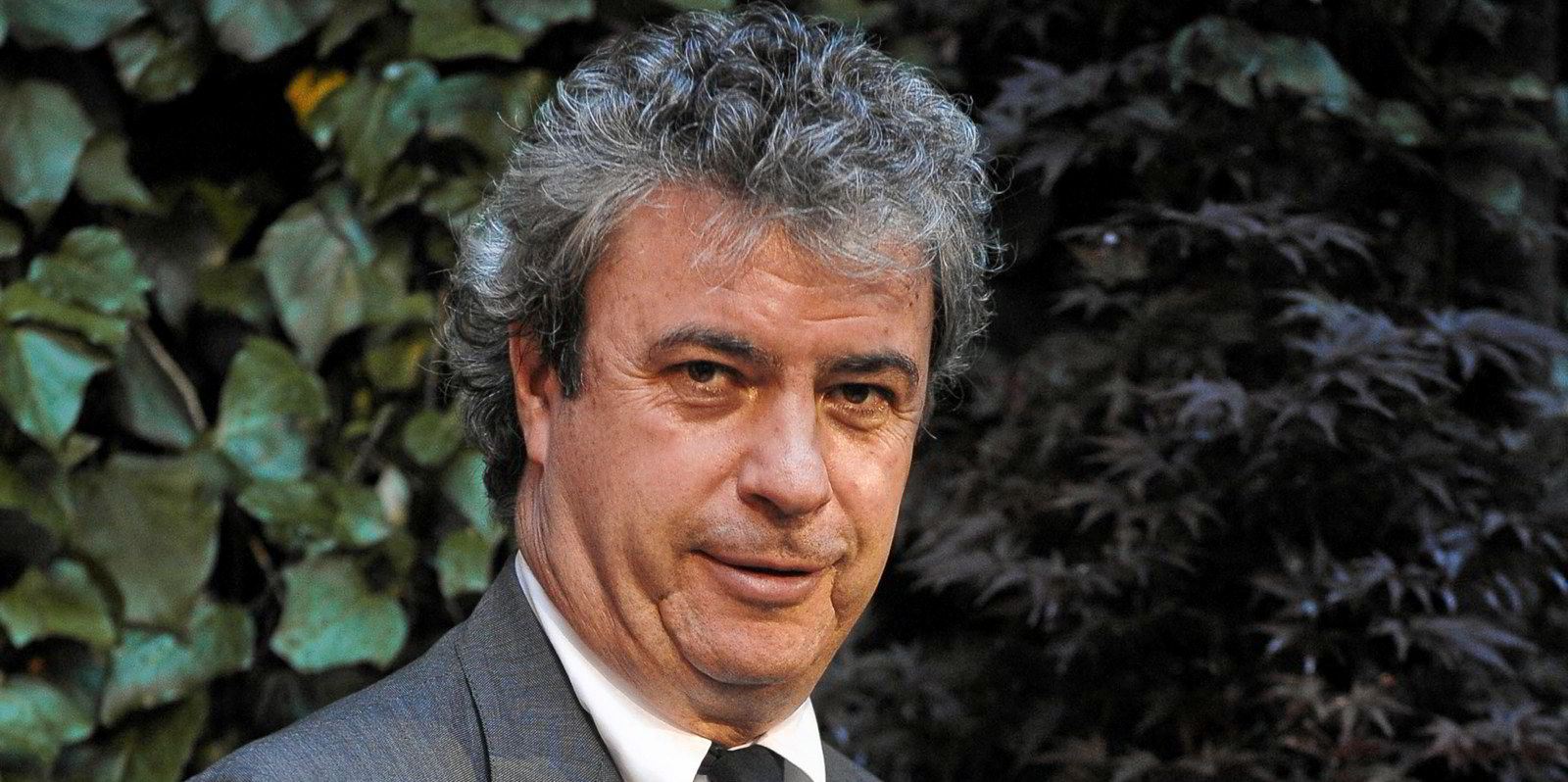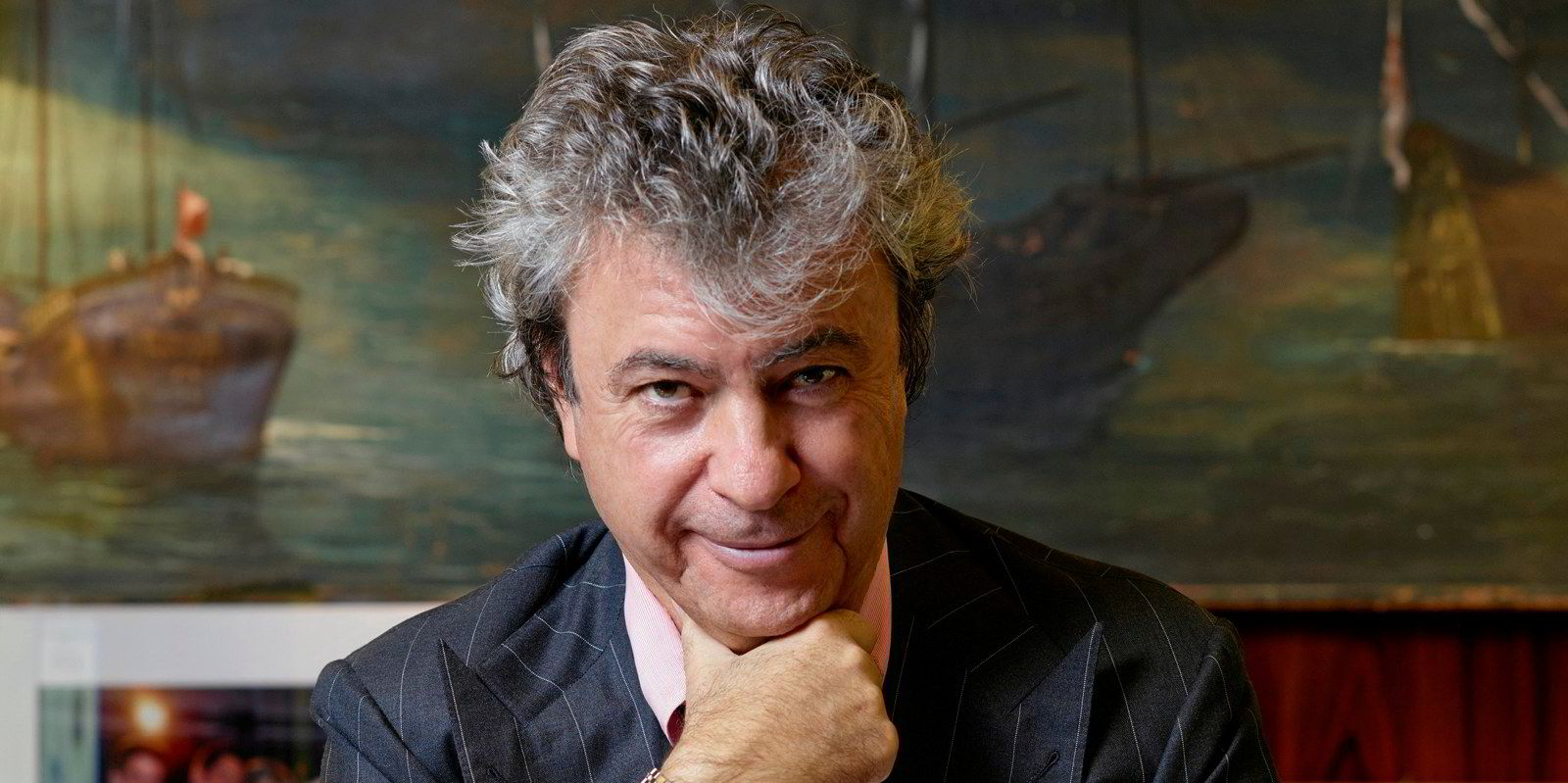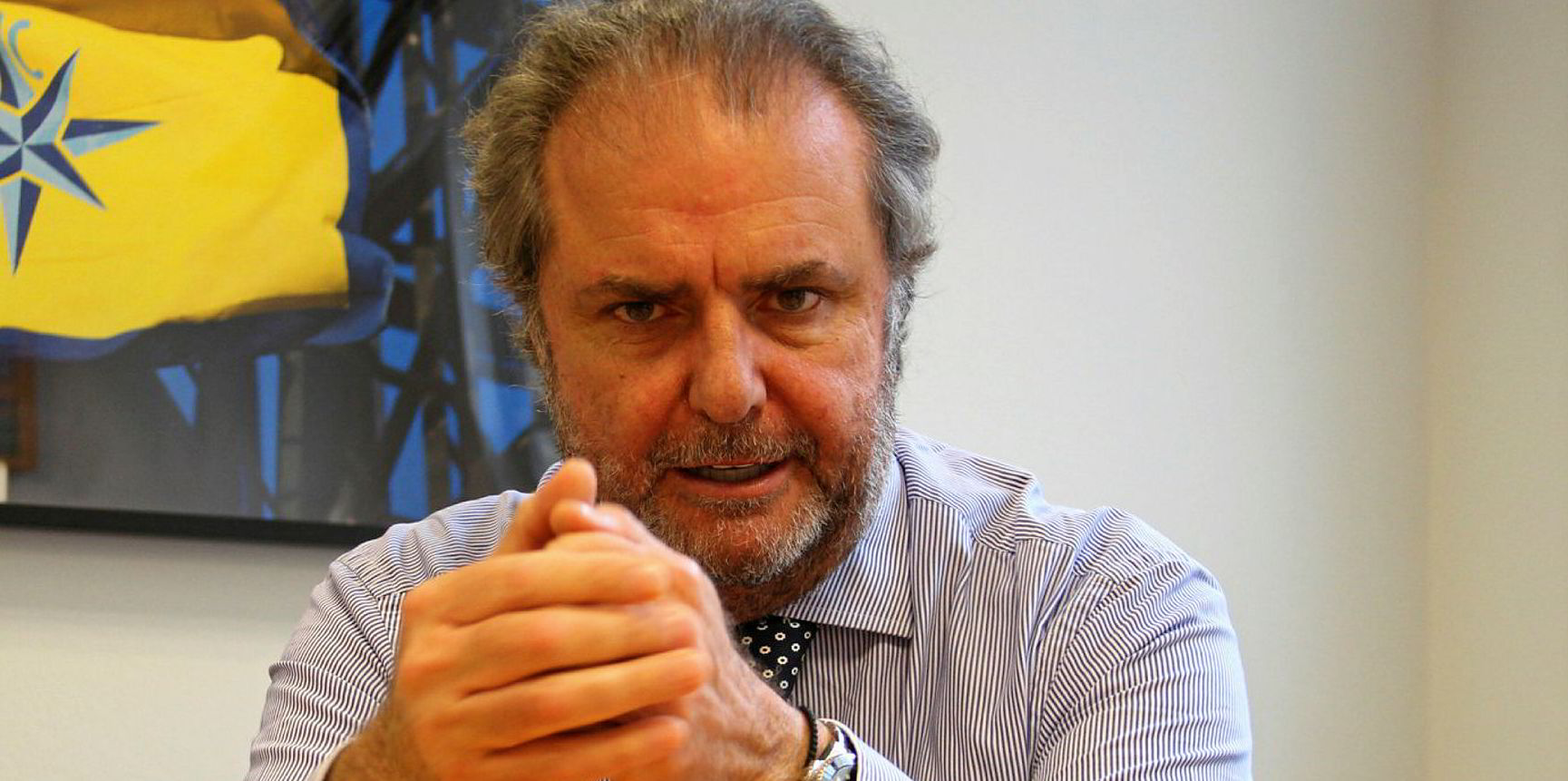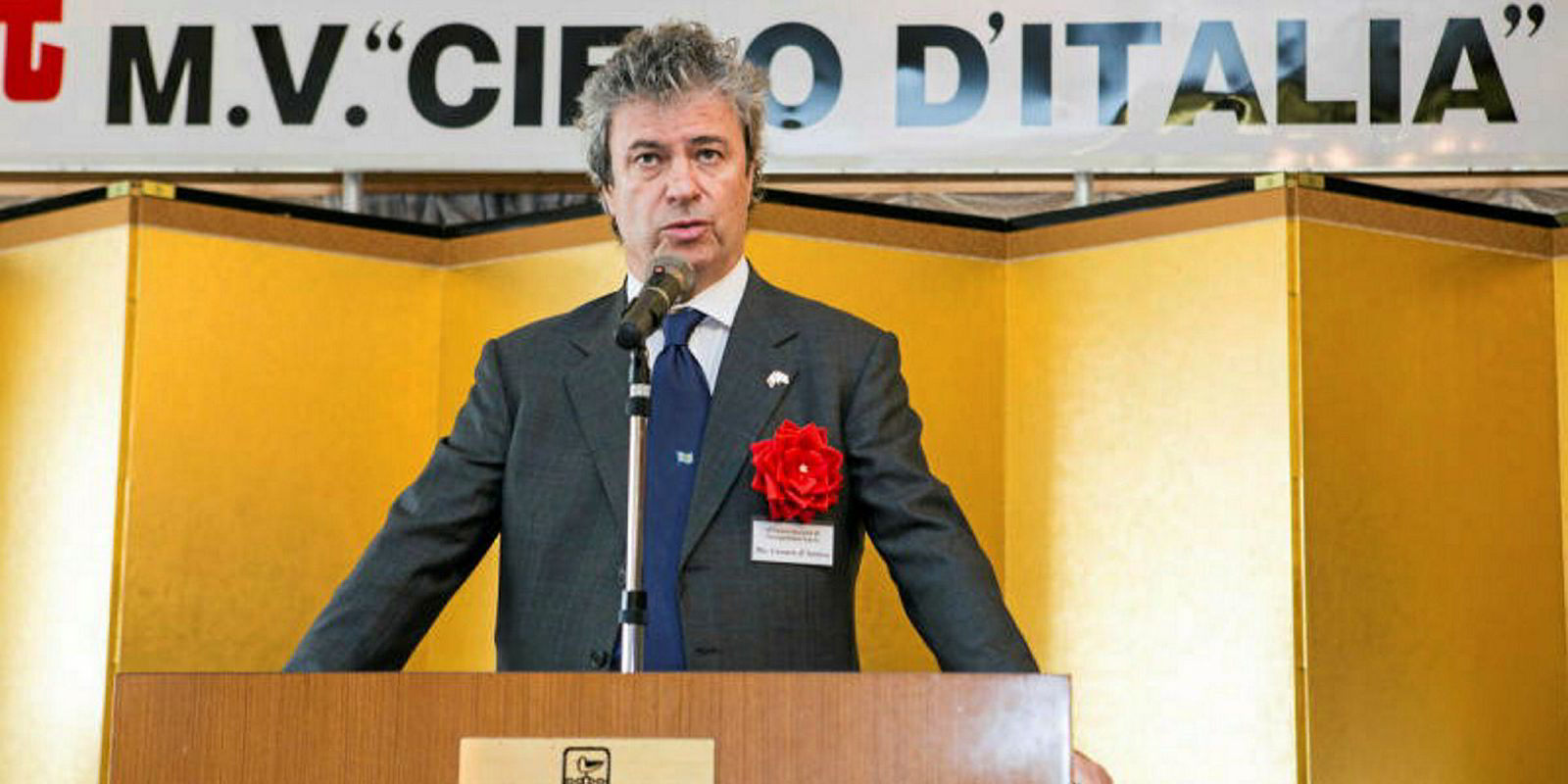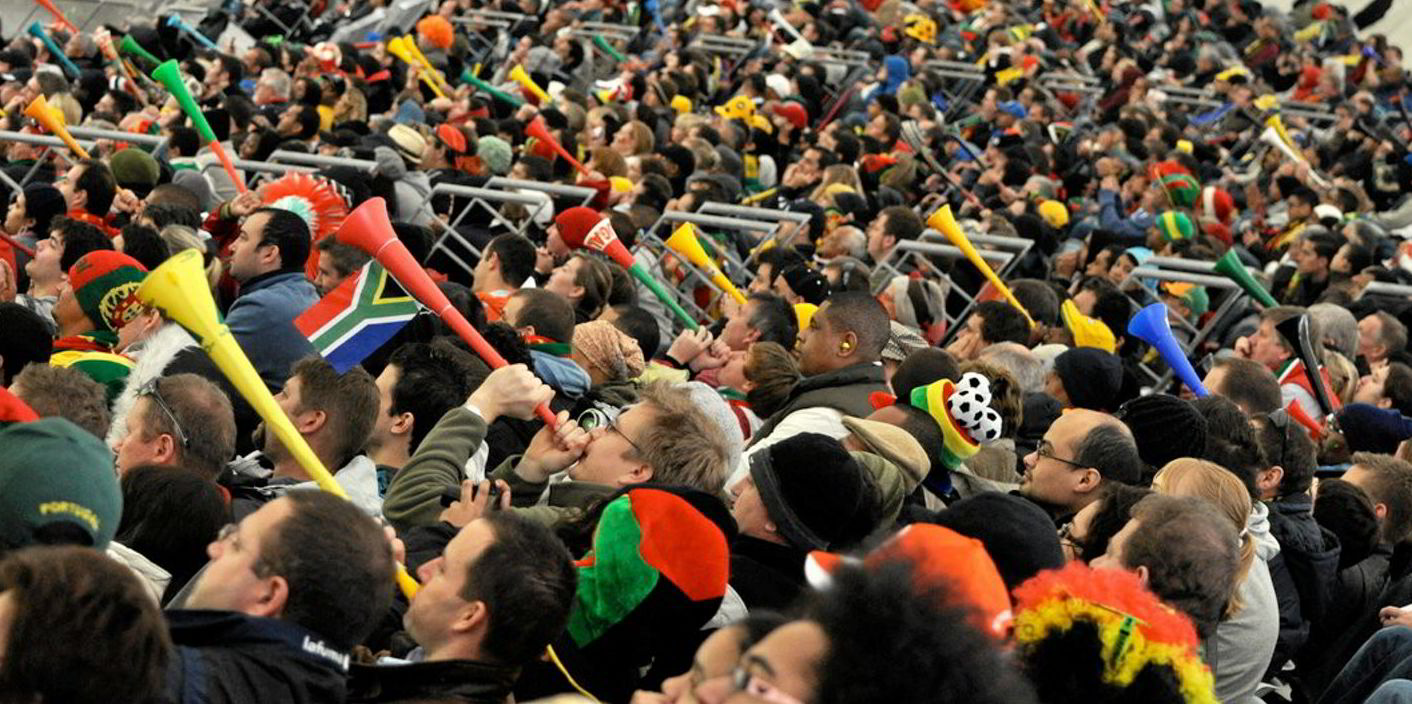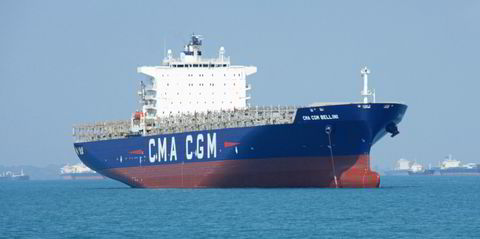Shipowner Cesare d’Amico believes the purchase options his company holds on about 20 eco-bulkers are starting to look very attractive.
This could help the shipowner repeat its past successes, which have helped d’Amico Group grow into Italy’s most prosperous bulker owner.
The growth ambition comes at a pivotal junction in the company's history, as a third generation of the family comes into the managerial fold.
Rome-based d’Amico is one of the few Italian shipowners to have survived and grown its dry bulk fleet over the past 15 years.
This was due to a number of well-timed purchase options on a series of bulkers taken on long-term time charters.
Today, d'Amico Dry Cargo controls a fleet of more than 50 bulkers, ranging from open-hatch handysizes to mini-capesizes.
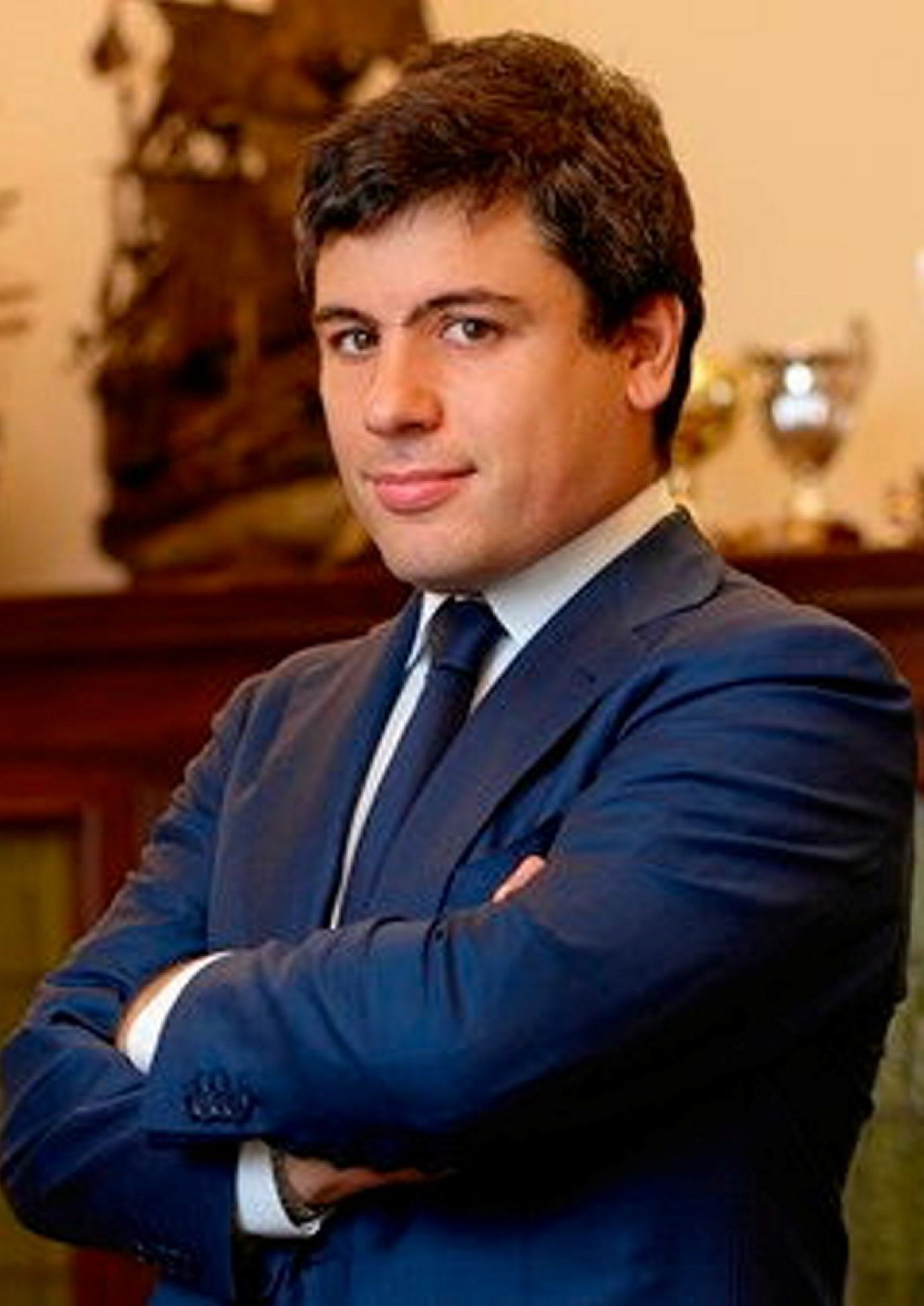
About 24 are owned, while another 27 vessels are chartered in for periods of three to six years, Cesare said.
Subsidiaries of group holding company d’Amico Societa di Navigazione retain purchase options on most of the chartered vessels.
Cesare believes the company is already in the money on some of the 20 vessels on which it has purchase options, and that the resurgent dry market will lead to a similar position for the remaining vessels.
Family tribute
He also believes that building the fleet of the dry desk would be a fitting tribute to the legacy of the late Lucio Bonaso.
Bonaso headed the Monte Carlo-based dry cargo business unit from 2012 until his unexpected death in February.
He had played an integral role for over 23 years in building d’Amico’s dry operation up from just four vessels in the early 2000s when the d’Amico family sold its liner business, Italia di Navigazione.
Bonaso was also instrumental in preparing Cesare’s youngest son, 33-year-old Emanuele, for his task as the new managing director of the Monaco-based dry desk.
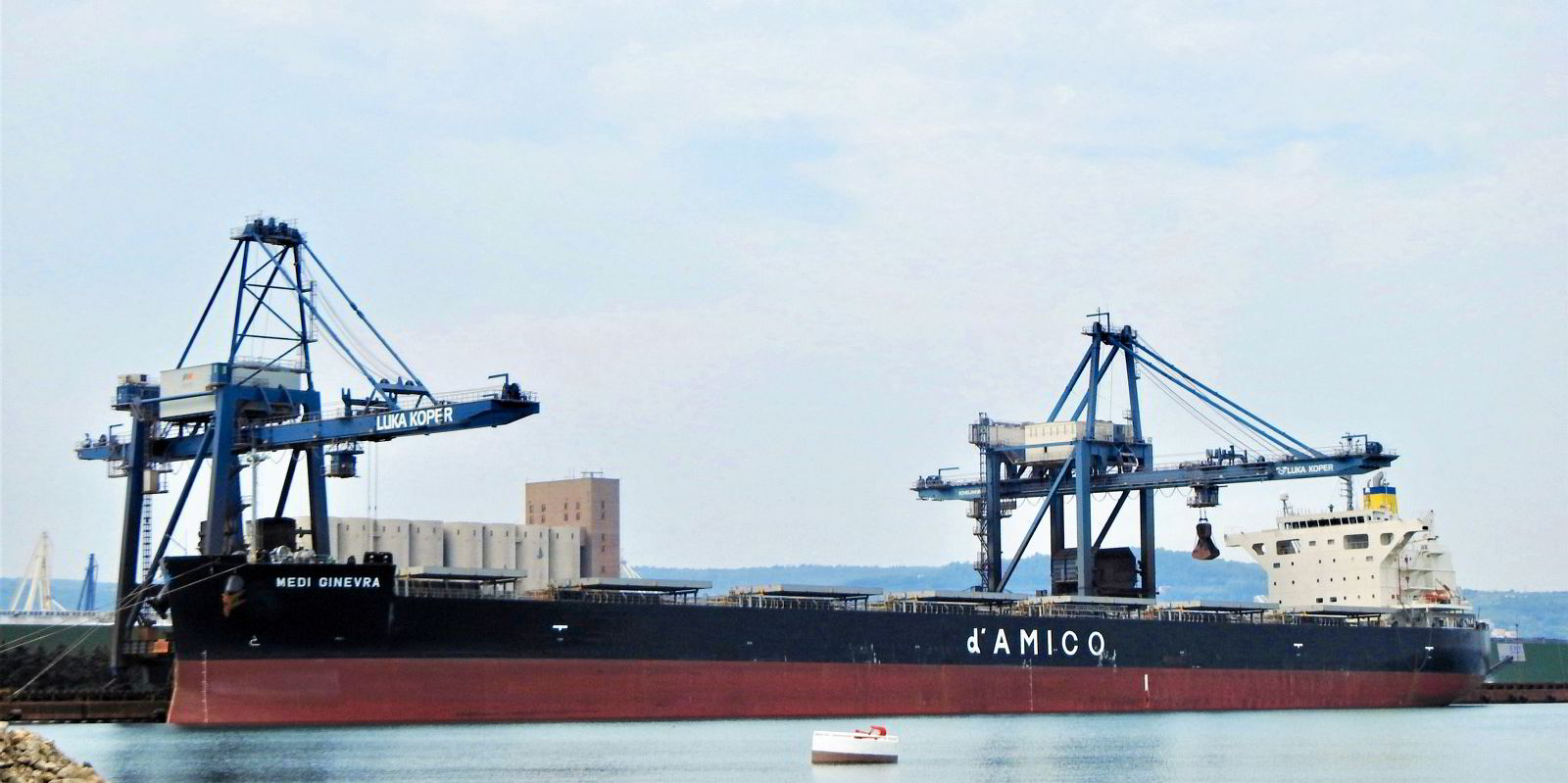
Cesare described his former colleague as having been “a very severe teacher” for Emanuele, who joined the dry desk in 2015 after an internship with private equity firm JP Morgan.
Emanuele follows in the footsteps of his 64-year-old father and is part of the third generation of the d'Amico family to take a senior managerial role.
Others include Cesare’s eldest son, Salvatore, who as fleet director is heavily involved with d’Amico International Shipping, the Milan-listed product tanker company headed by Cesare’s cousin, Paolo d’Amico.
Cesare described the cousins as having a "close working relationship".
“When it comes to strategic decisions with Paolo, we always take them together,” he said.
His other son, Lorenzo, is involved in marine insurance, an area where Cesare plays an active role as chairman of the Standard Club, a protection and indemnity insurer.
Cesare expects the focus on the dry division to be on eco-bulkers in partnership with Japanese yards, owners and leasing houses.
His company has hived off some of the older non-eco designs including the 37,000-dwt handysize bulker Cielo di Dublino and Cielo di San Francisco (both built 2011), reportedly sold for around $13m.
Two sisterships in that series are also slated to be sold.
That leaves the company with a focus on vessels on which it holds purchase options.
Cesare said his goal is “to repeat what has been done in the past: buying all Japanese-built vessels from first-class shipyards with good specs”.
“We are very confident that in the future most of the ships will become very attractive in terms of price,” he said.
“The relationship with the Japanese has always been strong. We have been able to in the good times relieve them, in the bad times always to fulfil our commitments.”
Magical solution
Key decisions regarding the future fuel choices still have to be taken.
A few of d’Amico Dry Cargo’s bulkers are scrubber fitted, but the group remains “very open to all alternatives on the table”, Cesare said.
“We are already testing biofuels on some of our vessels and we are following dual fuel,” he added.
“But we think these will be temporary solutions. The magic final solution has to be found.”
Cesare favours reducing emissions through tried-and-tested means such as speed reduction, hull designs, usage of different paints and cold ironing in ports.
He pointed out that none of the solutions are cost free. “In the end somebody has to pay for this," he concluded.
This story has been amended since publication to reflect that a few of d'Amico's bulkers are fitted with scrubbers.
